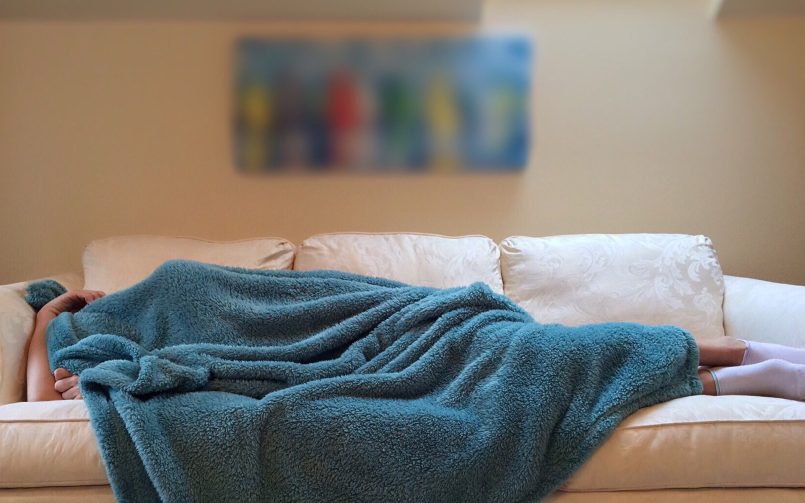Cardiac risks of hormone therapy for aging males?
Patients who succumb to the temptations of anti-ageing therapy with testosterone should bear in mind that the hormones could lead to sleep and … health disorders.
A study in the Journal of Clinical Endocrinology and Metabolism (2003 88: 3605-3613) shows that hormone therapy leads to sleep apnoea syndrome, or snoring, and is therefore a potential cardiac risk factor. In the USA, advertising for the medically controversial indication “male menopause”, according to which – exaggeratedly formulated – men around 50 sink into depression and inactivity if they do not take hormones, has tripled the prescription of testosterone preparations. In Europe, too, manufacturers are trying to establish the condition.
The only possible risk currently considered is enlargement of the prostate. Other risks may have been overlooked because they were not looked for, suggests a group of researchers from the ANZAC Research Institute and the Woolcock Research Institute in Sydney. Their study is the first randomised double-blind trial to examine the effects of hormones on sleep and breathing, writes David Handelsman’s group.
They treated seventeen healthy men aged 60 for three weeks with three weekly injections of testosterone (500 mg, 250 mg and 250 mg) or a placebo. After an eight-week break in therapy, the patients changed treatment (cross-over). The examination in the sleep laboratory (polysomnography) showed that the testosterone treatment shortened the total sleep time by one hour and prolonged the duration of hypoxaemia by five minutes per night. Hypoxaemia occurs due to sleep apnoea syndrome, which, according to the results of the study, is promoted by testosterone treatment. The number of episodes leading to short pauses in breathing after initial snoring increased by 50 percent.
This significantly disturbed the quality of sleep. Sleep apnoea syndrome is also a recognised risk factor for cardiovascular disease.
However, the study was not able to prove more far-reaching consequences of the sleep disorder. Also, the dose of testosterone was significantly (two to three times) above the recommended amounts. According to the authors, it cannot be ruled out that treatment with normal doses can aggravate latent sleep apnoea syndrome.
